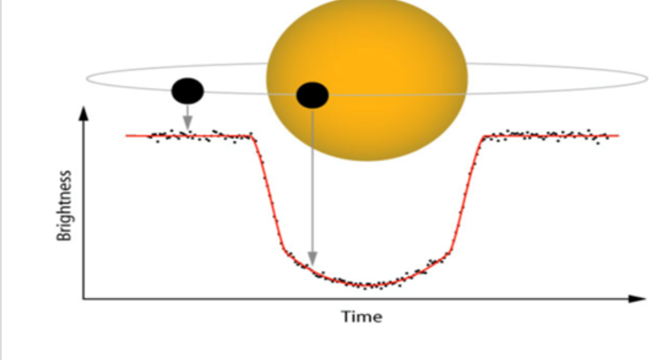Medium
1M
214

Image Credit: Medium
My Journey to creating an AI Model to Detect Exoplanets
- Artificial intelligence is revolutionizing space exploration and aiding in the discovery of exoplanets orbiting stars other than the Sun.
- AI models analyze light curves to detect transit dips, suggesting the presence of exoplanets by observing fluctuations in brightness over time.
- Flux quantifies light from celestial objects, helping determine the period of a planet's orbit and its size relative to the star.
- Various AI models like KNeighbors Classifier, Logistic Regression, Neural Networks, and Convolutional Neural Networks are used for exoplanet detection.
- KNeighbors Classifier achieved 99.12% accuracy, Logistic Regression had 63.68%, Neural Networks had 98.95%, and Convolutional Neural Networks had 99.18% accuracy in predicting exoplanets.
- AI systems can extend beyond space exploration to analyze FLUX data for sound, liquid, and music generation based on text input.
- AI advancements have practical applications in various fields like biology, chemistry, and video enhancement, showcasing the potential for innovative discoveries.
- AI's role in enabling groundbreaking research, such as detecting exoplanets and enhancing scientific instruments, underscores its importance in future discoveries.
- Artificial intelligence serves as a catalyst for progress and promising advancements in multiple domains, offering vast potential for future developments.
- Efficient AI systems, like those used in space exploration, hold promises for diverse applications that can impact numerous areas of human life and scientific exploration.
Read Full Article
12 Likes
For uninterrupted reading, download the app